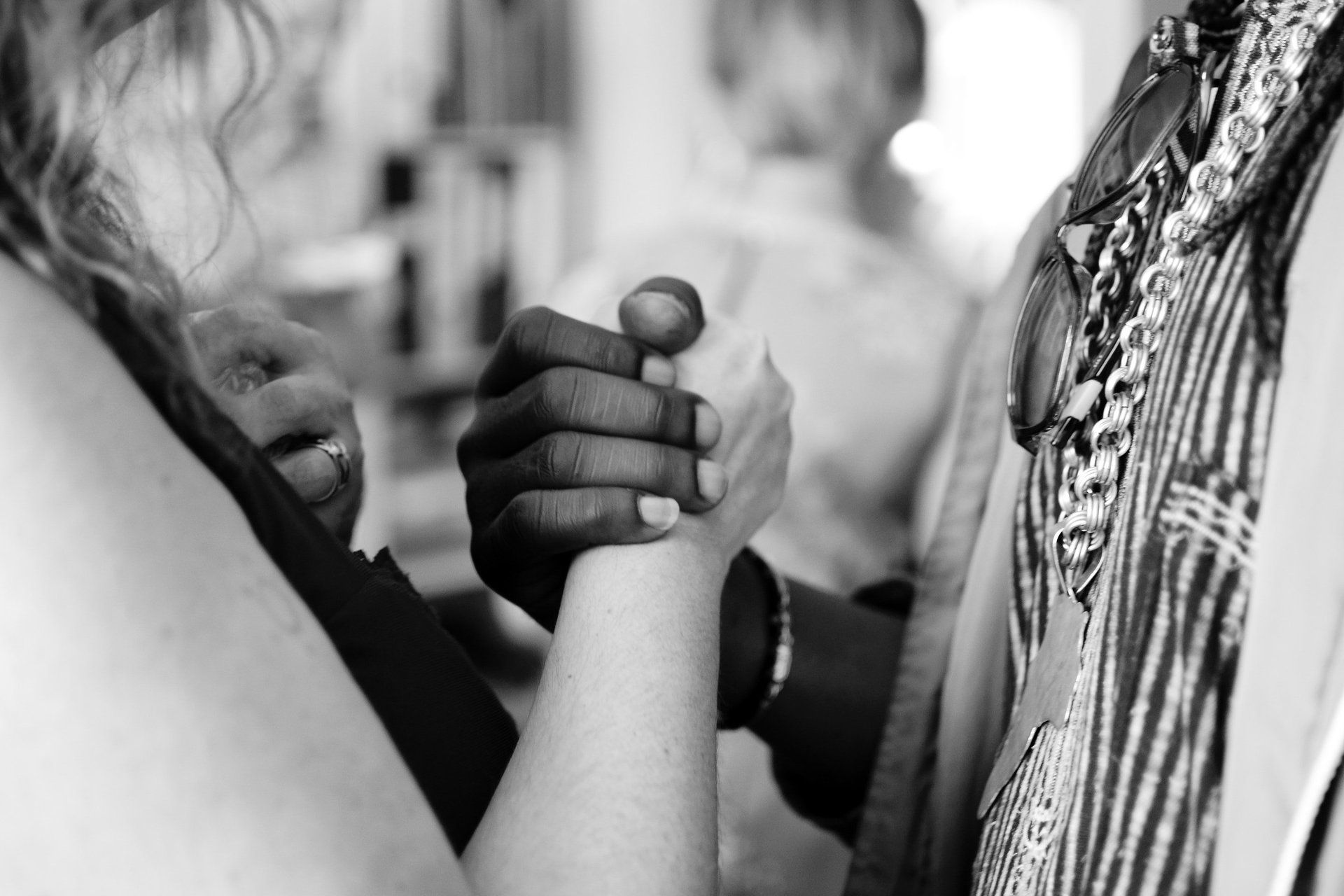Let's See
- By Michelle Cobb
- •
- 07 Nov, 2018
- •
Is “Me, Mine and I” Enough?

Depending on the subject matter, conversations in isolation do not necessarily lead to greater knowledge or understanding.
One of the dangers we face when we choose to have conversations about another person or a group who is different from us with people who are "like" us, is that the conversation can become nothing more than an "echo chamber" of ideas and opinions. This "echo chamber" may be based on what we have seen or have heard. Usually, the "echo chamber" of ideas and opinions support our current attitudes and opinions.
Let's get real. It is not enough for you nor I to read a book, watch a news report or interact with a person or a group of people at a superficial level and then expect to fully know or understand that person or group. True knowledge and understanding of a person or a group will occur only when we are willing to engage with the individual or the group at the intersection of vulnerability and truth.
Engagement is not the same as confrontation. To confront an individual or a group begins from a position of hostility or argumentation. To engage with an individual or a group at the intersection of vulnerability and truth begins not from a position but from an attitude. When I commit to engage with an individual or a group, I begin with an attitude of knowing that the individual or the group is a human being; a person or people of self-worth and unique. There is no one else like the individual or the group. There may be similar qualities or characteristics with others, but, the individual or the group is unique and is not the same as anyone else.
What we are witnessing today in the news and on social media are examples of confrontation as well as the inability of some individuals and groups to listen to different viewpoints. The echo chambers of the “I, Me and Mine” viewpoints will not be effective if neighborhoods, communities, organizations and our Society are committed to reflecting and celebrating the personhood, contributions and uniqueness of all persons and groups.

- The luxury of standing by silently while a person or a group of people is spoken to/about in a dehumanizing manner;
- The luxury of believing that our non-engagement with a co-worker or supervisor who is different from us will not impact the work environment or work productivity;
- The luxury of believing and acting as though our perspective or world view is the “normal” or correct world view that other groups need to adhere to and be judged by;
- The luxury of believing that the US history that many of us were taught in school is the complete unbiased and only history there is of the United States. This history did not celebrate the diversity of the United States nor the contributions that people from diverse racial and ethnic groups made (and continue to make);
- The luxury of believing that our particular culture is the only true culture and therefore is the only culture that has any worth or value;
- The luxury of being quiet when we witness injustices taking place in the workplace, in the classroom, at our houses of worship or even at recreational sites;
- The luxury of believing and living as though we can live a full and fulfilling life without interacting and engaging with individuals who are different from us;
- The luxury of willful ignorance;
- The luxury of the abandonment of critical thinking.

